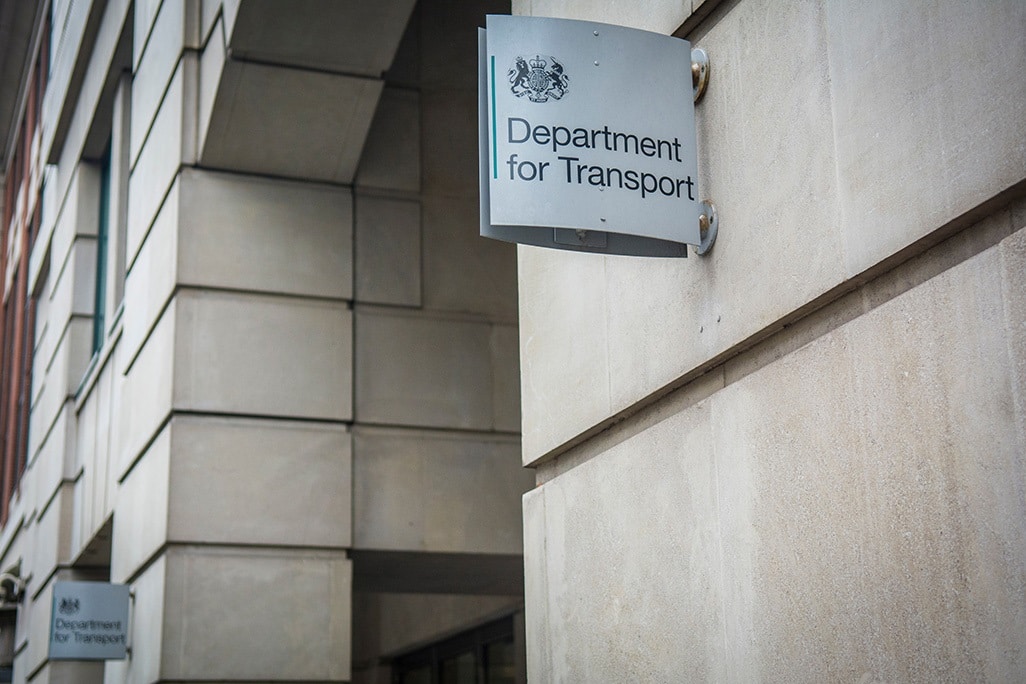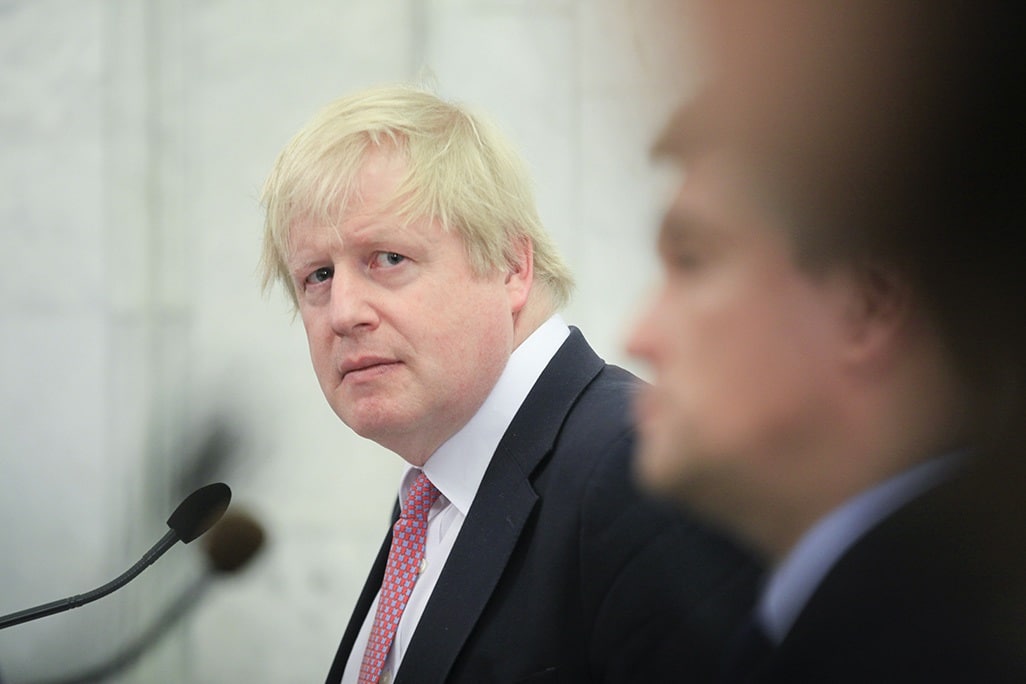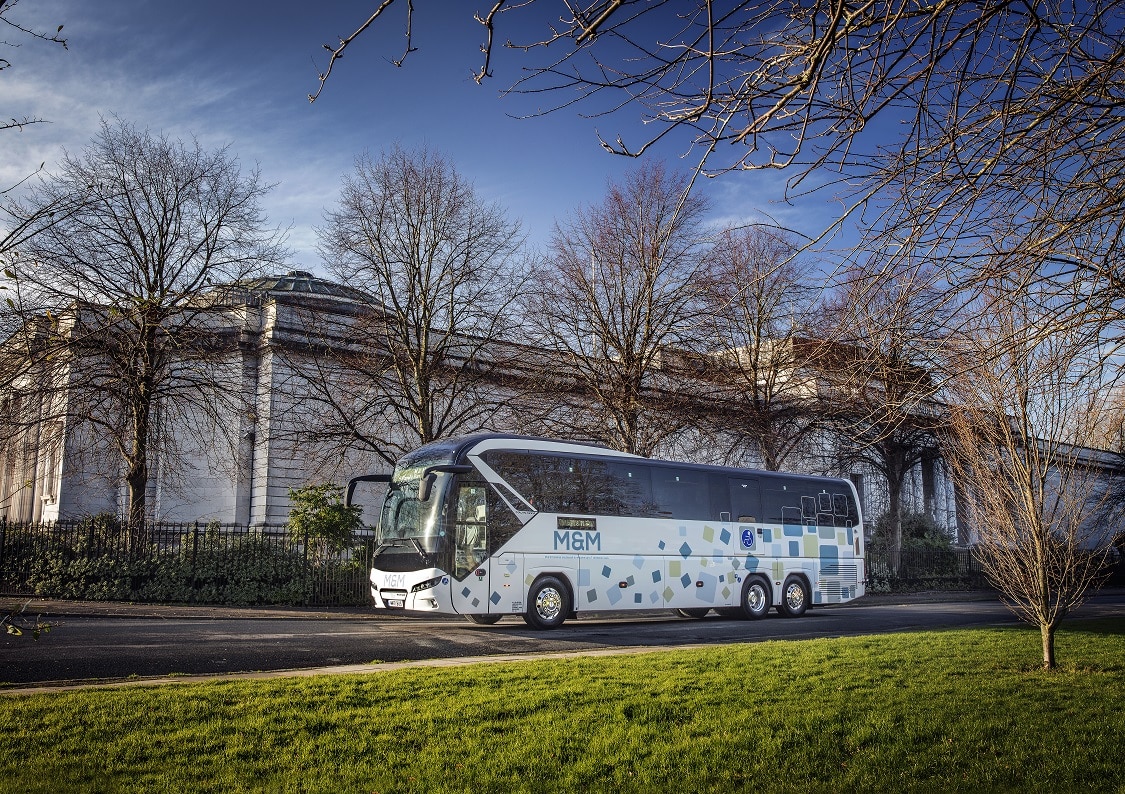There will be ‘hard choices’ on where to focus BSIP spending, delegates of the 2022 CPT Bus and Coach Conference hear
Bus Service Improvement Plans (BSIPs) in England were under scrutiny on the first day of the CPT Bus and Coach Conference that took place on 25 January.
The message that prioritisation will be “inevitable”, first issued by Department for Transport (DfT) Deputy Director, Bus Recovery and Reform, Local Transport Sharon Maddix, was reinforced by CPT Head of Policy Alison Edwards during the session. CPT’s analysis shows over £7bn is needed across the country to deliver on BSIPs, set against £1.4bn as revealed in a letter from DfT to local transport authorities. “This clearly leaves a big gap and some hard choices will need to be made by government around what to fund,” Ms Edwards says. “It’s clear that current funding will likely be able to transform bus services in only a small number of places, including our major cities, but the vision for the National Bus Strategy (NBS) was rightly much greater.”
In other words, there will be “hard choices” on where transformational spending will be focused.
In answering whether BSIPs and the NBS are on the right track in terms of funding, Huw Merriman, MP for Bexhill and Battle and Chair of the Transport Select Committee, describes the concept as still being “a good one” and that the question now is whether policy delivery can match rhetoric and expectations. “It’s our aim,” he emphasises. “We haven’t formalised it, but we don’t leave these things alone – our plan is now to look again at the NBS and how it’s delivering, probably in the run up to summer, because at that point the Enhanced Partnerships will have been put in place.”
Despite the uncertainty around funding, Tobyn Hughes, Managing Director of Transport North East, welcomes the NBS as a compulsion on local authority bodies and bus operators to work together. But he also adds that expectations of a financial settlement on the £800m costed through the North East BSIP have been tempered, and concerns exist around finances beyond the expiry of Bus Recovery Grant funding on 5 April. “We are looking forward to some good news,” he says, “but there’s a real problem on the ground at the moment in terms of money to keep bus services going in the here and now.”
Managing Director of Go North East Martijn Gilbert, partner on the North East BSIP, suggests if NBS funding is to be prioritised, then congestion must be a main focus. Highlighting increased traffic levels, and its effects on service delivery, he remains optimistic that while bold visions at the start of the NBS such as “a bus lane on every major artery into and out of major towns and cities” will not be supported, there are things to do to mitigate “the ticking timebomb” of exponential growth
in congestion.
Meanwhile, Mr Hughes acknowledges that even though receiving as little as 50% of the funding amount of what was asked for in the initial BSIP now seems unlikely, any amount would be welcome. “We’ve got some well thought through plans which are scalable and which can be delivered without government funding,” he says. In terms of priorities, he cites fares for young people as number one. “Young people quite often don’t have cars and might be thinking the only way they can have mobility is to save up for a car. There’s an opportunity for us to make sure young people see the bus as an attractive, affordable way to travel.”
Beyond that, collaborative working will take precedence.



























